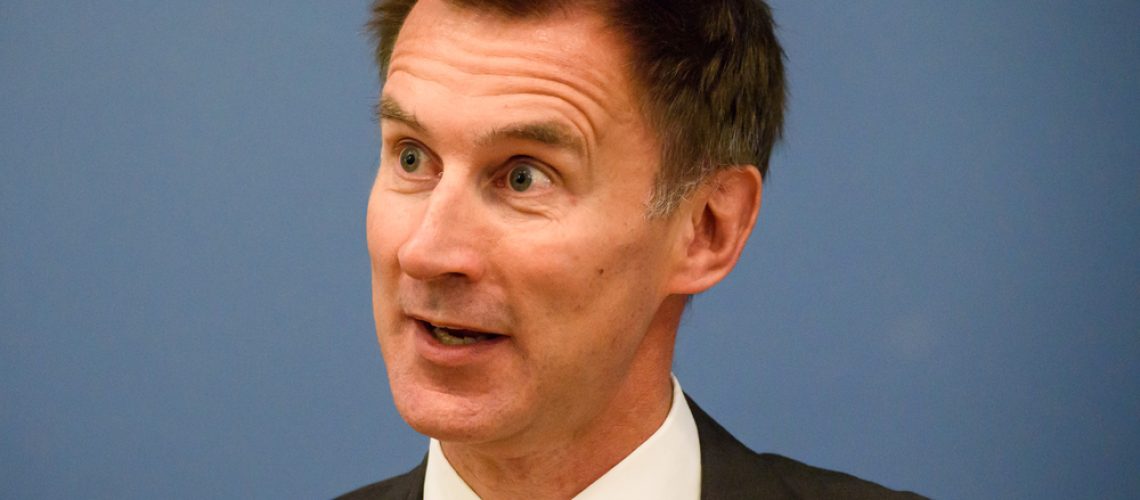The Chancellor has delivered his Autumn Statement, which, despite all the rhetoric and propaganda, was largely a damp squib for contractors, temps and self-employed people. Here we explain why.
Self-employed
A big headline was the abolition of class 2 NICs paid by self-employed people earning over £12,570, and reducing class 4 NICs from 9% to 8%. These will undoubtedly mean self-employed people will be better off, but it will not help those on the lowest incomes, nor those who have a self-employed side hustle. It would have been more effective to increase the trading allowance from it’s current tiny £1,000 and in doing so raise the amount of income that everyone can generate without being taxed on it.
It was refreshing to hear Hunt talk about the importance of self-employed people who worked throughout Covid and kept us all going, his examples were plumbers, farmers and delivery drivers. His speech was so similar to the unseen army of unsung heroes of my TEDx talk in 2021 that I actually thought my words had been stolen!
Late payments
Aiming to address late payment issues, the Chancellor announced a new requirement for companies bidding for large government contracts to prove they pay invoices within an average of 55 days. This is a step in the right direction, particularly as self-employed businesses are the most seriously affected when paid late, however much more could and should be done. The Chancellor seems to have missed the fact that it is the government’s own departments that are terrible for paying late, with 90 day terms being commonplace – they really need to get their own house in order as well!
IR35 offset
The tax policies announced alongside the Autumn Statement include the IR35 offset which has been under discussion for some time. It means that tax already paid by contractors working outside IR35 can be taken into account when HMRC challenges the end-clients’ making that outside determination. The amount of tax and NICs owed by clients can be reduced by the amount already paid by the contractor’s personal service company, rather than the current system which inevitably involves some double taxation.
The offset is a rather niche change, and one to be welcomed although it doesn’t actually help the financial position of contractors themselves. Rather it reduces the financial risk for clients, which I hope will translate into more outside IR35 roles being offered.
Umbrella company workers
There was a complete absence of any mention of regulating the umbrella sector, despite it being worth some £12bn in tax and NICs to the Exchequer, and despite it being well-known that tax avoidance schemes masquerade as ‘compliant’ umbrellas. Even HMRC acknowledges that 99% of the tax avoidance market involves disguised remuneration schemes targeting contractors and agency workers, so their continued failure to regulate is baffling considering they first promised to take action back in 2018.
So although umbrella workers’ income remains at risk (due to dodgy schemes continuing unchallenged), they should be financially better off due to the NICs cut. In case you missed it, employees NICs will decrease from 12% to 10% from 6th January 2024, meaning that anyone paid via payroll should be financially better off in the new year.
Tax avoidance schemes
Despite failing to regulate the umbrella sector, Hunt’s Autumn Statement did confirm tougher sanctions against tax avoidance scheme promoters. This is all very positive if they actually use them, however the current regime is underused with the government seeming unwilling or unable to take the robust action needed. I hope that alongside the new powers comes a new resolve to actually apply them.
In summary
As usual the Autumn Statement was nothing more than a PR exercise, full of positive rhetoric but very little of substance. A damp squib all round.









